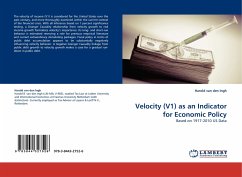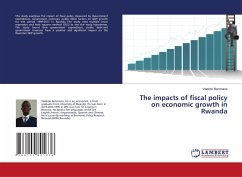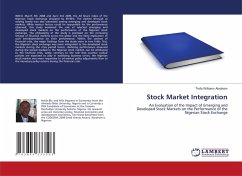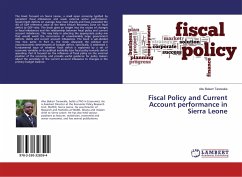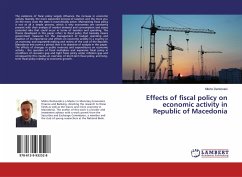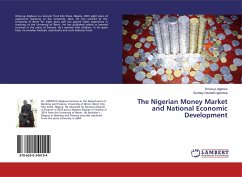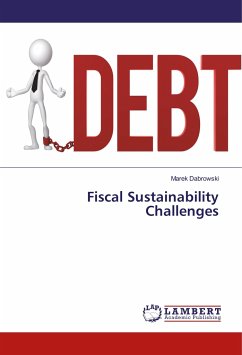The velocity of income (V1) is considered for the United States over the past century, and more thoroughly examined within the current context of the financial crisis. With all inference based on 1 percent significance testing, a Granger Causality relationship from velocity growth to real income growth formalizes velocity's importance. Its long- and short-run behavior is estimated reserving a role for previous empirical literature and current extraordinary stimulating packages. Fiscal policy in terms of public debt accumulation appears to be substantially negatively influencing velocity behavior. A negative Granger Causality linkage from public debt growth to velocity growth makes a case for a gradual run-down in public debt.
Bitte wählen Sie Ihr Anliegen aus.
Rechnungen
Retourenschein anfordern
Bestellstatus
Storno

